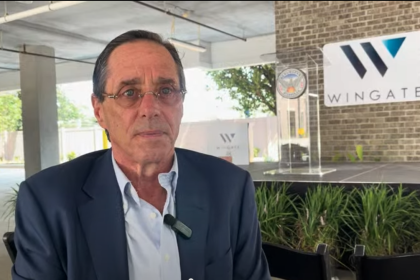
Yesterday, Georgia became the first state to execute a man since national attention was drawn to a horribly failed execution in Oklahoma. Inmate Marcus Wellons was executed by lethal injection for the rape and murder of India Roberts, age 15, as she was walking to school. Wellons abducted the girl and raped and strangled her with a telephone cord in his then girlfriend’s apartment as he was moving out.
The reason Wellons’ execution has drawn so much attention is because of Georgia’s secrecy law regarding the drugs used in executions. Many prisoners on death row are challenging their execution on the grounds the drugs used represent a cruel and unusual punishment in violation of the U.S. Constitution. This causes a potential legal liability on the pharmaceutical companies who provide the drug to the states. Part of the prisoners’ demands is to know the origin of the drug supply so the defense team can take steps to stop delivery of the execution drugs. Georgia passed a law to circumvent these prisoner challenges.
The law was passed in 2013 and forbids the public and even the court system from knowing the origins of the execution drug, training of the execution team or any details about the drug. What is known is that Georgia uses the drug pentobarbital to now execute inmates. This is the same drug use to euthanize animals. A massive dose of the drug is given to the condemned inmate to kill him or her. In the past, Georgia has used a three drug combination but worldwide pressure has stopped many pharmaceutical companies from selling execution drugs.
In May of 2014 the Georgia Supreme court ruled against a challenge to the state’s secrecy law in a 5-2 judge’s decision. Then on Tuesday, a final clemency hearing was held to try to stop the execution, clemency was denied. The reason that the federal three judge panel gave was “Wellons failed to clear a legal threshold by showing that the lethal-injection protocol to be used in his execution created a “demonstrated risk of severe pain that is substantial when compared to the known alternatives.”
However Judge Charles Wilson in a separate writing was concerned over the state’s law. Wilson wrote “How could Wellons show that he faced a risk of needless pain and suffering when the state has passed a law prohibiting him from learning about the compound it plans to use to execute him? Unless judges have information about the specific nature of a method of execution, we cannot fulfill our constitutional role of determining whether a state’s method of execution violates the Eighth Amendment’s prohibition against cruel and unusual punishment before it becomes too late.”















